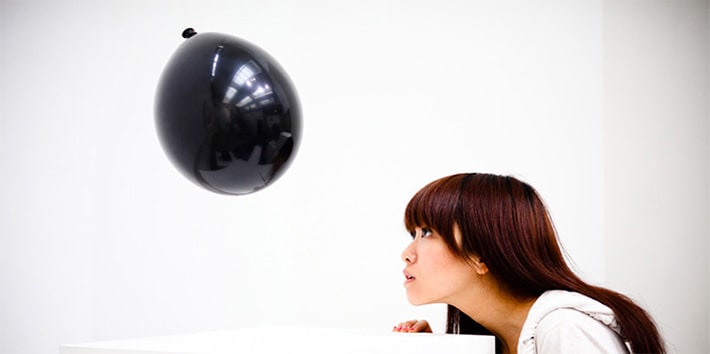
Our purpose and key goals
This strategic area requires us to ensure that all our students can reach their full potential. It requires us to work in partnership with them to develop and deliver an education that is responsive, responsible, imaginative and inspirational.
We will do this by:
- placing curiosity, making, critical questioning and rigour at the heart of our curriculum;
- using teaching methods based on best creative practices, and expanding the use of work-based and research-informed learning to ensure that our students are thoroughly equipped for their future careers;
- engaging with our students to develop flexible modes of teaching delivery, taking into account the particular characteristics of a London-based education and advances in digital technologies;
- placing diversity and inclusivity at the core of our recruitment and education for staff and students.
Our strategic ambitions
Specific initiatives to help us to achieve these goals will include:
- the expansion of pre-university learning opportunities through the work of the UAL Awarding Body and a greater range of short courses designed to prepare students for studying at UAL;
- continuous review of our curriculum, the range of our creative courses and the flexibility of their modes of delivery so as to provide the widest range of opportunities for students in our disciplines;
- greater involvement of professors and readers in teaching at both postgraduate and undergraduate level;
- the development of our academic support services in order to improve retention, attainment and student success, all in a manner that reflects the diverse nature of our student community;
- the development and delivery by the University’s Language Centre of new services designed to aid the cultural and academic transition of overseas students and to address their specific language and other needs throughout their course;
- increased opportunities for student feedback and engagement;
- increased support for staff in the development of their pedagogy and in their use of existing and emerging technologies;
- further enhancement of our graduates’ employability through curriculum development and through increased opportunities for student placement and other collaborations with the creative and cultural industries.
Key performance indicators:
- Student satisfaction with learning and teaching
- Student attainment
- Staff engagement and satisfaction
- Staff profile
Case study: Queen’s Anniversary Prize
First taught in 1938 as Design for Light Industry, our Product, Ceramic and Industrial Design course has evolved to focus as much on tackling social, environmental and quality of life issues as on developing new products.
Our 75 years of industrial and product design education that has produced game-changing ideas from laptop computers to the Routemaster bus has been awarded a prestigious Queen’s Anniversary Prize.
Programme Director of Product, Ceramic and Industrial Design at CSM, Nick Rhodes says:
"We have taught product and industrial design here since the 1930s, and our alumni and lecturers continue to lead the profession, shaping the designed environment internationally, crossing all sectors from consumer electronics to furniture, transport systems to domestic appliances, services to social enterprise. In fact, our undergraduate offering has produced more Royal Designers for Industry in this discipline than any other course in the world. It is absolutely fantastic to be recognised for our achievement by this incredibly prestigious award which identifies our work and the profound impact of our discipline on the creative economy of the United Kingdom and beyond."
Contact our Planning Unit to find out more about UAL's 2015-2022 strategy.
Email ualstrategy@arts.ac.uk
For all media enquiries:
press.office@arts.ac.uk
View a print version of the 2015-2022 strategy: